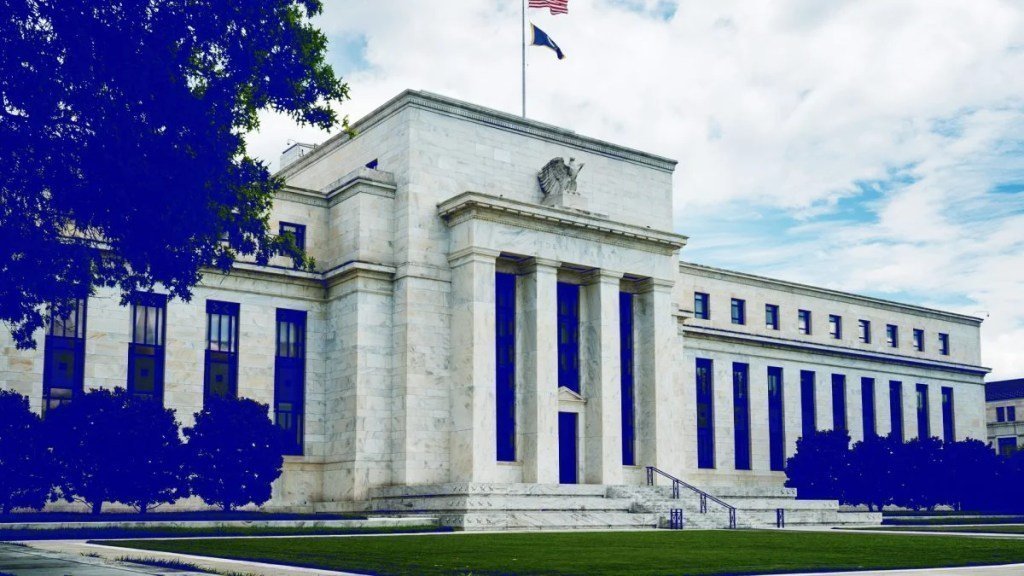Fed research papers warn of risks from crypto CeFi and DeFi. The US Federal Reserve emphasized that the cryptocurrency market needs tighter surveillance
Research warns of risks from cryptocurrency exchanges
cryptocoin.com As you follow, the Fed’s research arm published a couple of articles last week exploring the implications of DeFi and cryptocurrencies for financial stability. The article seeks greater oversight of the crypto market, particularly in the context of its links to the wider financial industry. The researchers referred to regulations regarding financial stability, while recommending tighter oversight for firms that handle client funds. The report includes the following statements:
Oversight when needed, comprehensive disclosures, and capital and liquidity requirements can increase the resilience of assets in the cryptocurrency ecosystem. For example, centralized cryptocurrencies that act as counterparties to individual users in the cryptocurrency ecosystem are generally not subject to capital, liquidity or extensive disclosure requirements.

The commitment paper concluded that the crypto ecosystem is “prone to the occurrence of financial vulnerabilities.” However, he later added that “the risks to financial stability are not extensive due to the fact that the cryptocurrency ecosystem does not provide significant financial services and its links to the traditional financial system.” Still, such risks could grow in the future, the researchers note:
Financial stability risks could quickly become tangible if the digital financial system becomes more interconnected with the traditional system or expands the delivery of financial services.
DeFi market in focus
The document “Decentralized Finance (DeFi): Transformative Potential and Associated Risks” provides a broad overview of the DeFi ecosystem. It highlights the potential for long-term stability risks. However, he notes the significant growth of the crypto industry. The authors in the Fed’s research arm highlight the problems with the DeFi market:
Providing financial services on public, permissionless blockchains has come a long way since Bitcoin was produced, but DeFi has yet to reach the point of becoming systematically important. Still, the rapid growth in the role of such blockchains suggests that policymakers need to start thinking seriously about the range of financial stability issues that may arise if such activities become systematically significant.

After analyzing the above risk, the researchers conclude that:
As policymakers decide which assets (e.g. dollars and registered securities) to allow on public permissionless blockchains, evidence shows that DeFi will quickly exploit all profitable opportunities regardless of audit concerns. As it evolves to offer a full range of services in cryptocurrencies, supervisory authorities (including the Federal Reserve) may lack the necessary tools to ensure compliance with laws and regulations. Advance and carefully thought-out policies can reduce the scope of inevitable financial stability disruptions. It is due to DeFi.
The publication of both articles is based on research that the Fed’s research team has made public to date. Past issues include the potential risks of wider stablecoin use. It also touches on the cryptocurrency habits of US residents with its returns.



